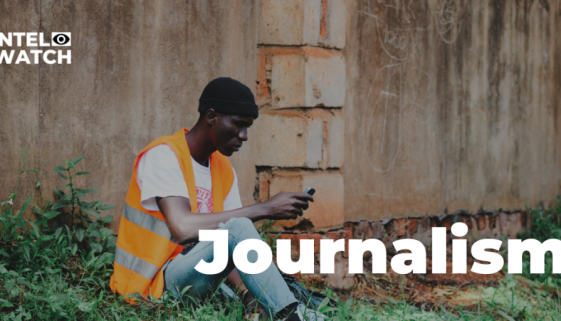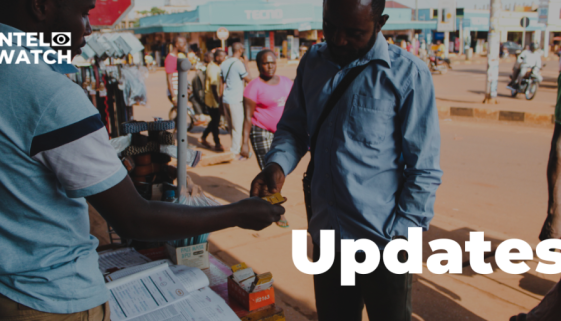Submission: What’s wrong with the RICA bill
Download Intelwatch’s submission on the RICA bill, and how it falls short of delivering meaningful surveillance reforms in South Africa.

Download Intelwatch’s submission on the RICA bill, and how it falls short of delivering meaningful surveillance reforms in South Africa.
Intelwatch participated in a Daily Maverick webinar on surveillance reform in South Africa. Blurb: Parliament has called for comment on its new bill to amend RICA, South Africa’s communications surveillance law. The Department of Justice introduced the RICA amendment bill more than two years after the Constitutional Court declared key parts of the surveillance law […]

This piece was first published by Daily Maverick. If the two pieces of legislation currently before Parliament are passed into law as they now stand, the government will be able to monitor en masse the communications of every South African, behind a veil of secrecy in the name of ‘national security’. By May 2024, two […]

This opinion piece, written by Murray Hunter and first published by GroundUp, draws attention to a new Bill in South Africa’s Parliament to amend the country’s surveillance law, RICA. The Bill is open for comment until 6 October 2024. Parliament has called for comment on its new bill to amend RICA, South Africa’s surveillance law. The […]

This supplementary report on reforming communication surveillance in South Africa sets out additional information about the section 205 “loophole” which needs to be addressed in efforts to reform RICA.

This opinion piece, by Heidi Swart, was published by Daily Maverick. The authorities have approved the South African Police Service’s (SAPS) request to build their own (or purchase from elsewhere) communications interception equipment. On 19 May, an exemption certificate was published in the Government Gazette, clearly stipulating the red tape police need to work through […]

Intelwatch invites you to a roundtable on 31 May 2023, to present our first research output: ‘Reforming communications surveillance in South Africa: Recommendations in the wake of the AmaBhungane judgment and beyond.’